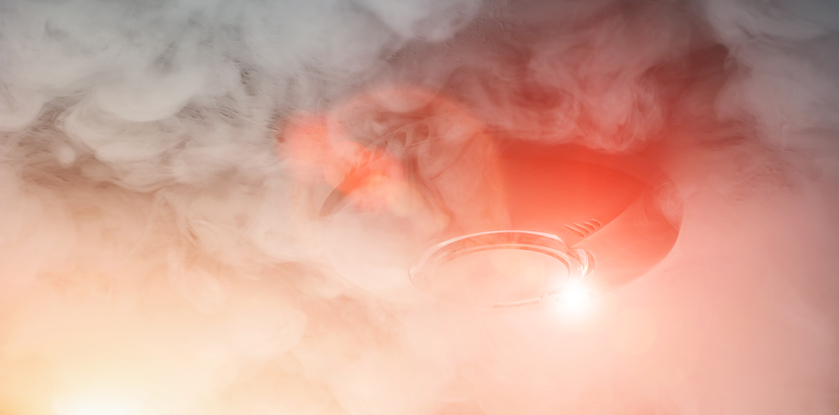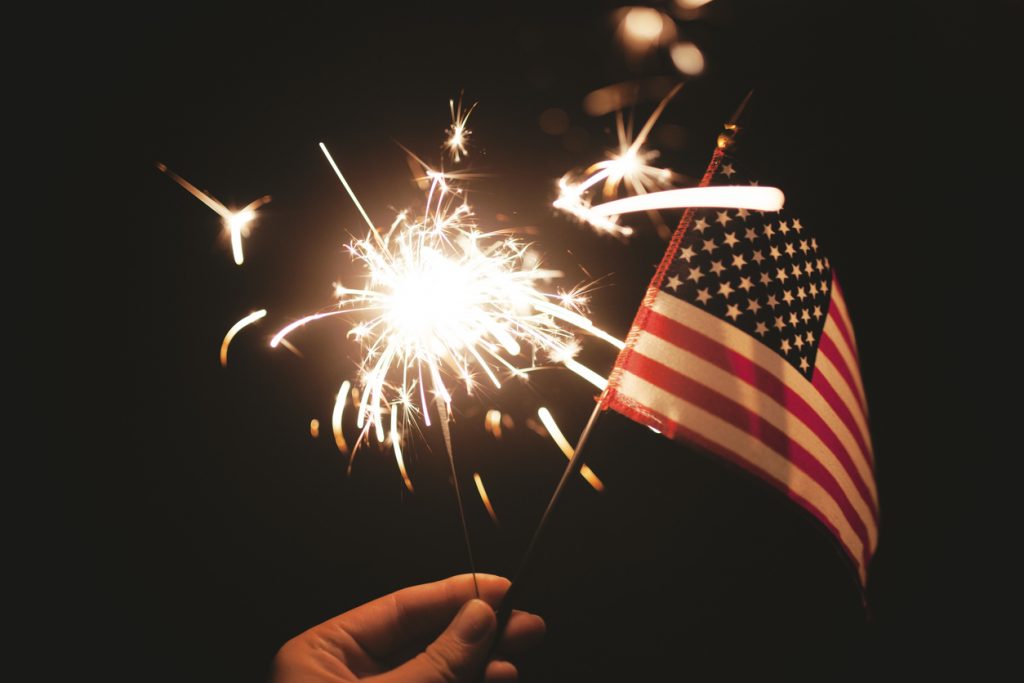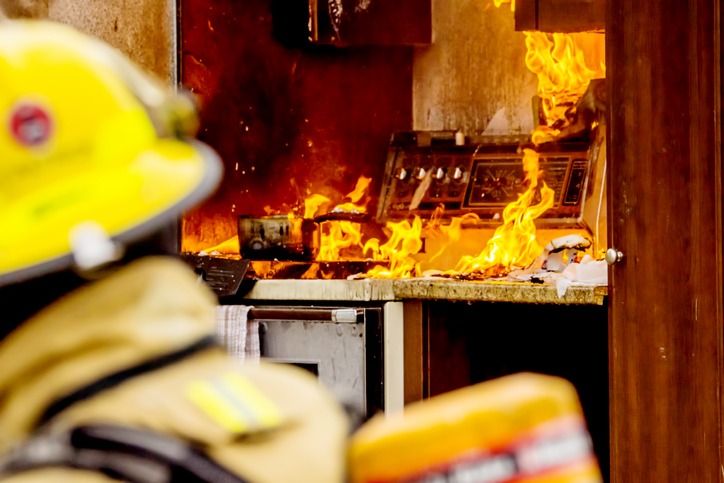The holidays should be a time of celebration, but things can take a deadly turn when fire enters the equation. So this year, educate yourself about holiday fire prevention to help ensure that you and those you love are safe to enjoy all the season has to offer.
How to Celebrate Safely
Let’s talk about lights and electronic displays. First and foremost, make sure you use these in the appropriate space. Not all electronics, including lights, are safe for outdoor use. If a product is not explicitly labeled for outdoor use, assume it’s not, and use it inside instead.
Ensure all your cords are free of kinks, holes, and defects. Again, use outdoor cords outside and those not marked for outdoor use inside. Make sure you have the correct length for the job, so you don’t have to plug cords into one another. And always keep cords away from water.
Be careful not to overload outlets or plug multiple extension cords into a power strip. If you need additional outlets to supply power for your holiday display, call a licensed election and have outlets added to your home.
Defective lights and faulty cords cause 25% of Christmas tree fires, and many of these fires lead to serious burn injuries. So check your lights and all cords to ensure they are in proper working order before placing them on your tree.
In addition to making sure your electric displays are safe, you can help prevent fires this holiday season by:
- Not leaving stoves unattended
- Placing candles away from flammables
- Never leaving a fire to burn unattended
- Shutting off your displays when you go to bed
Taking these steps can help prevent your causing a fire due to recklessness. However, they may not be enough to prevent you from injury in a fire caused by a defective product or other issues beyond your control.
Have You Been Injured?
If you are injured or a loved one suffers a fatal injury due to a holiday fire that you had no control over, you may be entitled to seek compensation through legal action. The best way to learn about your rights is through a free case review with a qualified attorney.
To find an experienced lawyer in your area, find your state on our attorney locator today.


